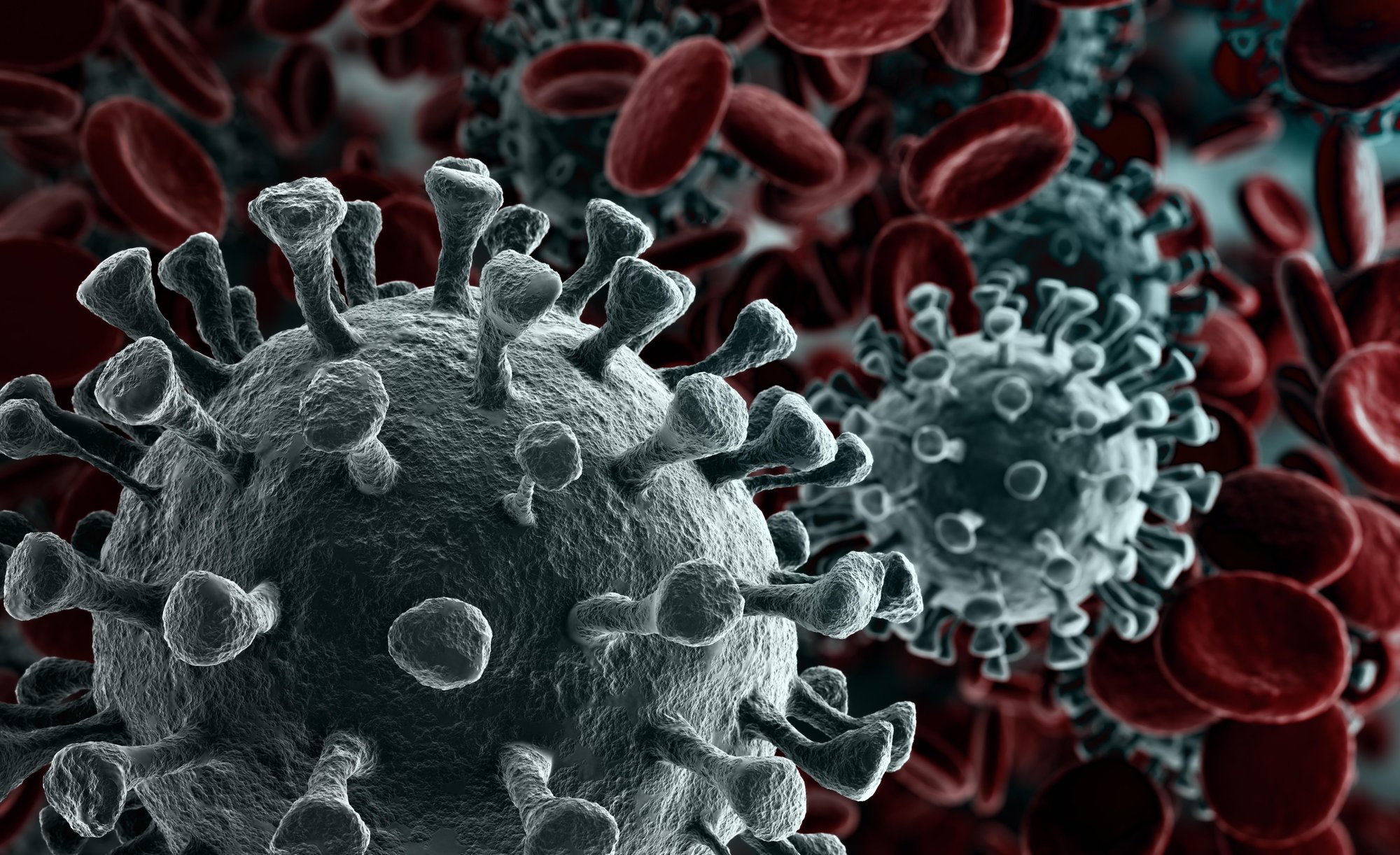NIH Investigating COVID-19 Experiments Conducted at Boston University

WEDNESDAY, Oct. 19, 2022 (HealthDay News) -- The U.S. National Institutes of Health is investigating COVID-19 experiments at Boston University that have sparked a media firestorm, with some news outlets alleging that scientists created a "killer" strain of the coronavirus as part of their research.
Boston University is refuting those news accounts, calling them a "false and inaccurate" interpretation of its research.
"They've sensationalized the message, they misrepresent the study and its goals in its entirety," Ronald Corley, chair of microbiology and director of the Boston University National Emerging Infectious Diseases Laboratories, said in a statement.
Nevertheless, the news has drawn the attention of federal officials. Emily Erbelding, M.D., M.P.H., director of the Division of Microbiology and Infectious Diseases at the U.S. National Institute of Allergy and Infectious Diseases, told STAT News that the Boston University researchers did not specify the direction their research took in their NIH grant application. The research team also did not make clear that its experiments might involve potentially enhancing the COVID-19 virus, Erbelding said.
With proper notification, "we could have put a package forward for review by the committee that's convened by HHS [U.S. Department of Health and Human Services], the office of the assistant secretary for preparedness and response. That's what the framework lays out and that's what we would have done," Erbelding told STAT News.
The Boston University researchers were looking at the spike proteins on both the original COVID-19 virus as well as the newer Omicron variant to compare their infectiousness. The goal was to determine whether the spike protein -- which the virus uses to infect cells -- has anything to do with how severely ill a person might become, Corley said.
As part of their research, the team created a hybrid -- the original COVID-19 virus coupled with the omicron variant's spike protein. A preprint report on the research said that "in K18-hACE2 mice, while Omicron causes mild, non-fatal infection, the Omicron S-carrying virus inflicts severe disease with a mortality rate of 80 percent."
The Daily Mail latched onto that line from the paper's abstract, reporting that the Boston University lab had "created a new deadly COVID strain with an 80 percent kill rate." Those K18-hACE2 mice are specially bred for COVID-19 experiments, and their death rate does not directly reflect the risk of the hybrid virus to humans, Corley explained.
Related Posts
Un implante cerebral permite que un hombre totalmente ‘enclaustrado’ se comunique
MARTES, 22 de marzo de 2022 (HealthDay News) -- No puede mover ni un solo...
AHA News: Future of COVID-19 Vaccines Brings High Hopes, Familiar Obstacles
FRIDAY, April 15, 2022 (American Heart Association News) -- Looking back on a...
Emergency Information: Traveling With Children
This document will help you in an emergency. Print out two copies and fill in...
AI Analysis of Chest Radiographs Can Triage Acute Chest Pain Syndrome
FRIDAY, Jan. 20, 2023 (HealthDay News) -- Deep learning (DL) analysis of chest...
